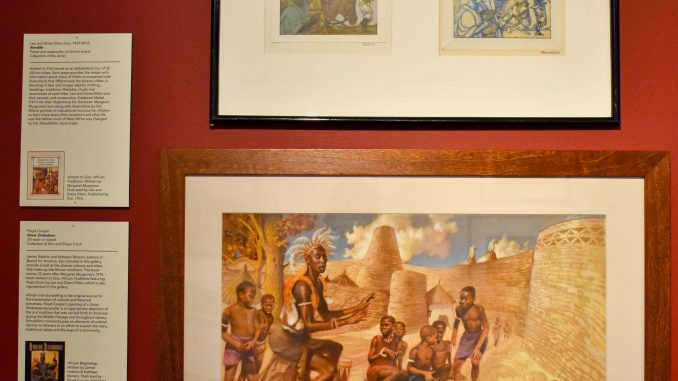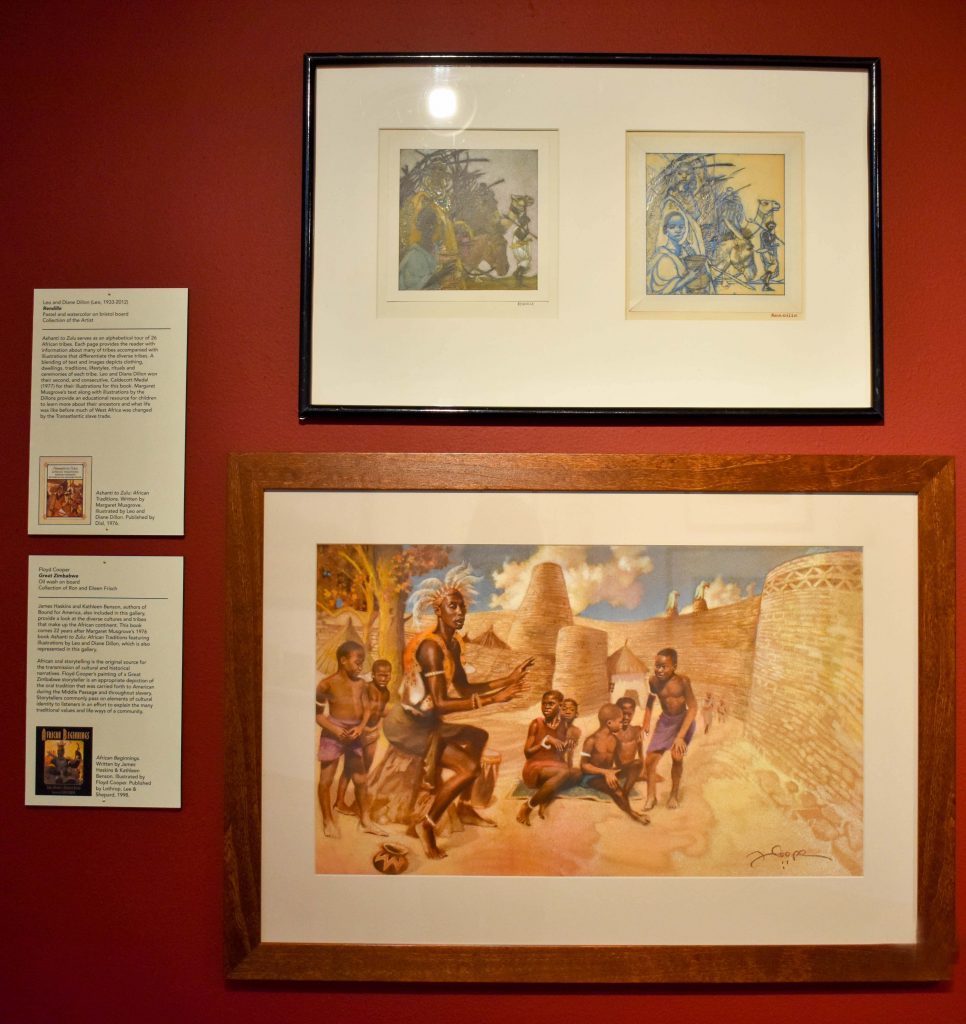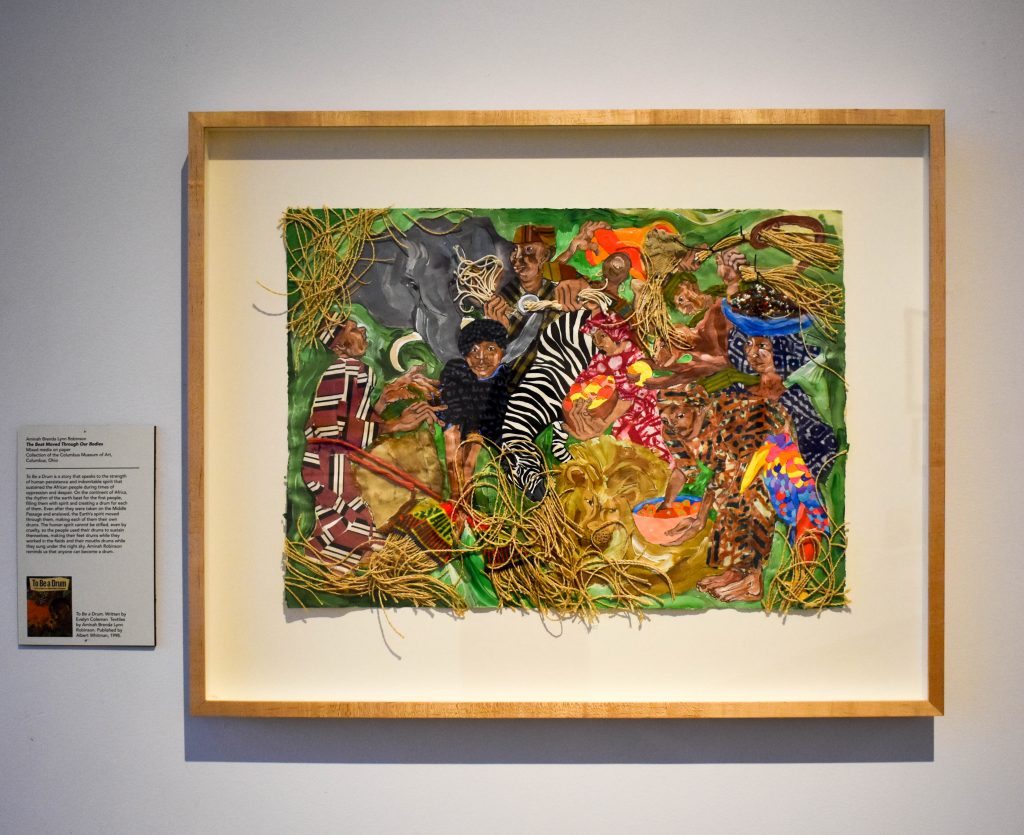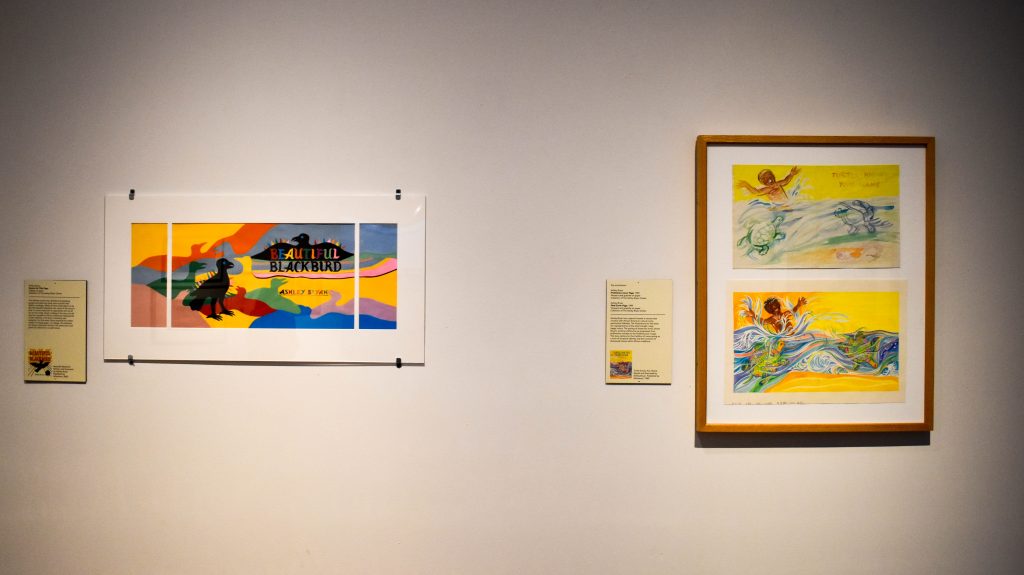
African-American literature is essentially a synthesis of values and rituals rooted in African and American society. Recognizing African oral storytelling as the origin of African-American children’s literature is crucial to further discussions. Oral storytelling is a communal, participatory experience that is regarded as a shared event. People actively participate along with the performances of griots, a spiritually enlightened group of storytellers.
The subjects of the stories including past deeds, beliefs, taboos and myths, are embedded with moral messages in order to nurture the spirit-self of children on their way to initiation into full adulthood and becoming members of the community. In the context of African-American storytelling, African stories serve as a touchstone, a shared mentality during evolution of a people in response to societal changes in America. Stories help make sense of the world in which people live, and explain phenomena that are difficult to comprehend, let alone explain. As African-Americans, living on a different continent from their ancestors, the inherited guiding principle and values remain constant. Thus the narratives of African-American children’s literature could be seen as an ongoing commitment to nurture a unique culture based on spirituality in the midst of an oppressive environment.



